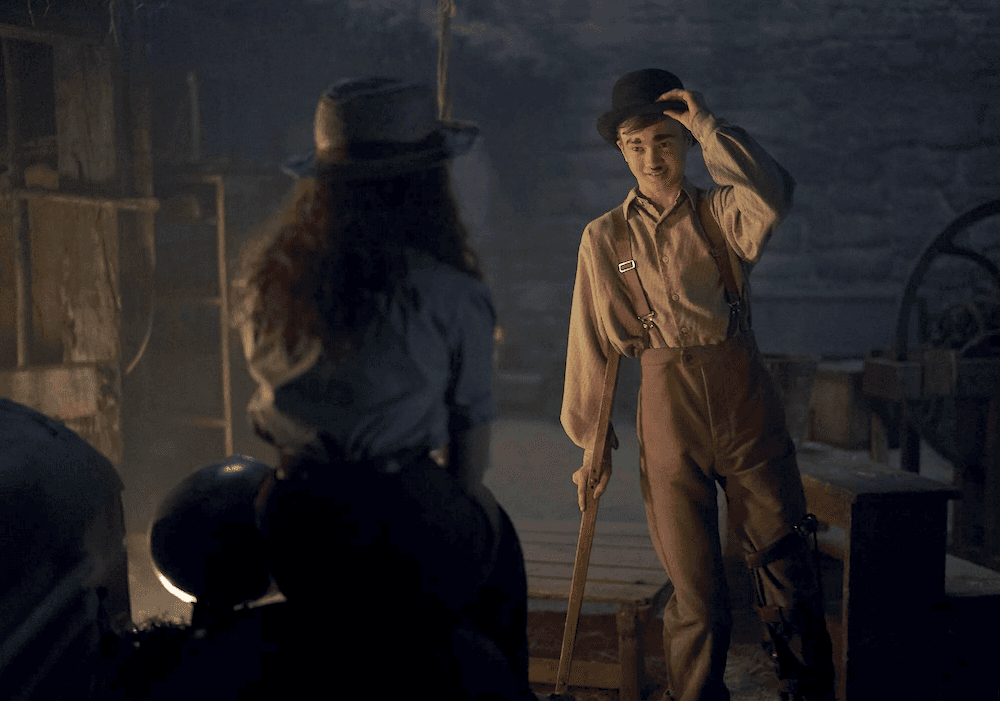PG-13 | 2h 1m | Drama, Holocaust | 2024
“White Bird: A Wonder Story,” directed by Marc Forster (“Finding Neverland” and “Christopher Robin”), is a World War II story, akin to “The Diary of Anne Frank.”

PG-13 | 2h 1m | Drama, Holocaust | 2024
“White Bird: A Wonder Story,” directed by Marc Forster (“Finding Neverland” and “Christopher Robin”), is a World War II story, akin to “The Diary of Anne Frank.”